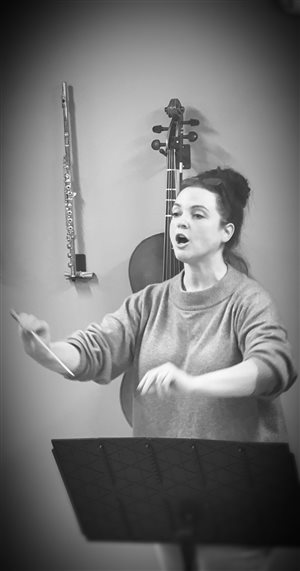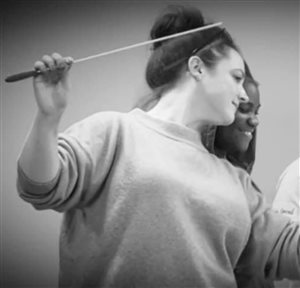All students are welcome to join the studio choir!
Importance of choral music
Research has shown for some time that singing in a choir has tremendous benefits for physical and mental well-being, leading some to campaign for it to be prescribed as a treatment for medical conditions. Choral music brings out the hearts and souls in perfect harmony which is the kind of emblem that we need in today’s world. Let’s go through the importance of choral music in our lives.
Strengthen feeling of togetherness
Humans are wired for rhythmic togetherness; from choral singers, musicians, and dancers, the science is coming in that we bond best when we are making music with each other. Research led by psychologist Nick Stewart of Bath University
Reduce stress levels and depression
For the Singers – Singers develop breathing techniques to create phrasing and musical expression. This has many physical benefits like singing increasing blood flow, improving sleep, boosting your immune system, releases chemicals like endorphins, dopamine, and oxytocin, which affect our moods and happiness. And it also transports the singer to another level, to a place where they no longer think about their day-to-day worries.
For the Audience – Watching a concert also leads to reduced negative mood states (afraid, tense, confused, sad, anxious, and stressed) and increased positive mood states (relaxed and connected).
Benefits of choir at schools
Singing is very important for children; an inclusive activity whereby all children can be equal and connected. Singing helps children’s memories. Practicing musical patterns and rhythms helps form neurological pathways, with huge implications for children’s learning.
Improves discipline and teamwork
Choirs truly know what teamwork means. Preparing for concerts not only requires the discipline of attending weekly rehearsals, but also develops the skills of listening, concentration, teamwork, and developing confidence. Choirs bring people together with a sense of purpose.
Bridges social gaps
Choral groups and choral singers are diverse in the broadest sense: involving people from every region of all ages, in numerous musical styles from classical to gospel. Many choristers testified to the degree to which their choral singing made them more aware of other people’s life experiences, helping them to bridge social gaps.




